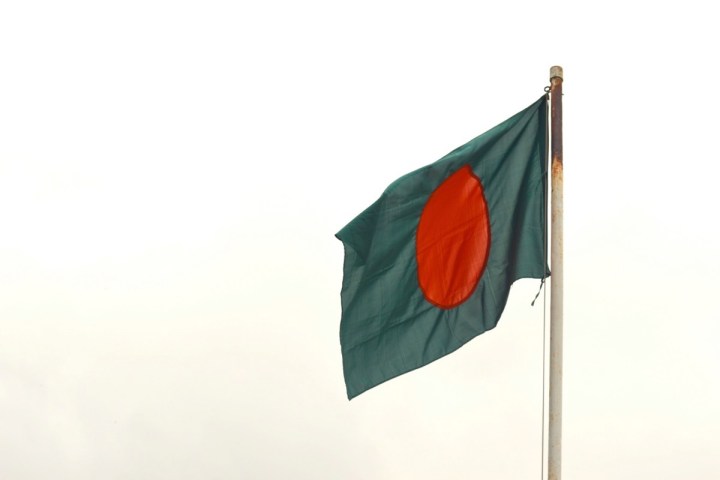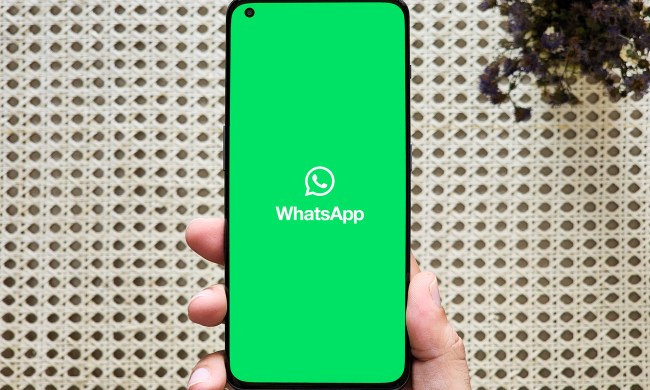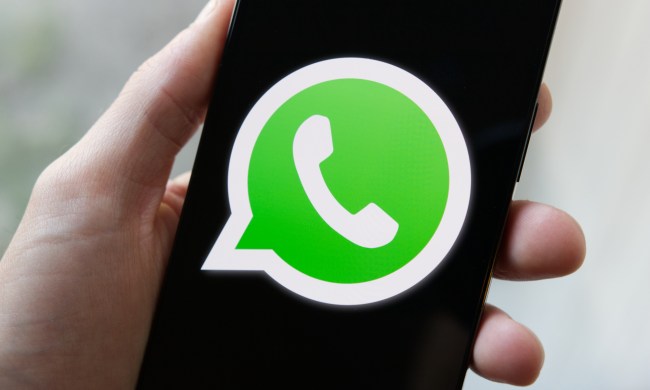
The execution is seen by some in the country as an abuse of power, after the two politicians were sentenced to death for war crimes committed three decades ago during the Bangladesh war for independence. Chowdhury is the most senior official in Bangladesh to be charged with crimes against humanity.
This is not the first time the government has banned chat apps in Bangladesh during times of civil unrest, Viber and Tango faced a similar ban earlier in the year as the government tried to discourage protests. In 2010, Bangladesh banned Facebook for an online competition to draw the prophet Mohammed. Bangladesh also announced it would “snoop” on bloggers using Facebook to insult Islam in 2013.
“The government has planned to stop operation of these apps for the time being in order to arrest the perpetrators,” said Prime Minister of Bangladesh Sheikh Hasina.
Facebook and Viber have not commented on the government’s new ban.
Internet service providers (ISPs) were ordered by the government to ban the apps on November 11, but the ban has only come into place this weekend. According to sources inside Bangladesh, some ISPs are keeping all traffic away from the apps, while others seem to be incapable of holding back the traffic. Quite a lot of mobile users are simply bypassing the ban, using a VPN or proxy to avoid it.
It is similar to Turkey’s reaction to civil unrest, banning Facebook, Twitter, and YouTube until protests died down. In a world where one person can organize a protest on his phone, shutting down chat apps is seen as an optimal solution, at least for some governments. The U.K. government even looked into blocking social apps after the London riots, after it was revealed that the protests were organized on BlackBerry Messenger.

